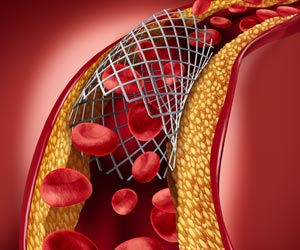An American scientist has created an artificial version of red blood cells that can deliver vital oxygen to body tissues, and take away unwanted carbon dioxide in the bloodstream in
An artificial version of red blood cells have been created by an American scientist. These cells can transmit vital oxygen to body tissues in a manner similar to what the natural cells do.
The breakthrough attains significance as it may provide strategies to prevent deterioration of the condition of people with malaria and sickle cell disease, wherein red blood cells lose their ability to squeeze and pass through blood vessels as thin as three micrometers.Joseph DeSimone, a chemical engineer at the University of North Carolina at Chapel Hill, says that he has created tiny sacks of the polymer polyethylene glycol just eight micrometers across that are capable of deforming in a way that allows them to pass through the tiniest capillaries.
He says that polyethylene glycol is biologically benign, but binds easily with other substances, which makes it ideal for carrying cargo through the blood.
According to him, a haemoglobin-type molecule carried inside the bag could deliver oxygen to the body and carry away carbon dioxide.
He also envisions its application in the delivery of drugs, and as contrast agents for scans such as magnetic resonance imaging, PET or ultrasound.
DeSimone says that experiments on mice have shown that the injections of the particles produce "no adverse side effects", reports New Scientist.
Advertisement
Source-ANI
RAS/L











